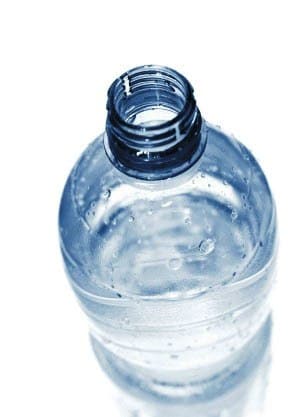
Plastic bottles are everywhere, in your fridge, on the floor of your car, and in your purse. We use these containers all the time – for nearly everything from water and juice to shampoo and conditioner. So how do they work? Let’s find out.
How Are Plastic Bottles Made?
Plastic bottle manufacturing begins with raw plastic resin pellets, which are long chains of molecules mixed with colorants and other additives depending on the type of plastic.
Large machines called hoppers melt the pellets. A nozzle forces the melted pellets into extruded strands resembling thick spaghetti cut to length. Plastic pellets are soft and sticky, like tar, and must pass through water or air cooling before forming into their final shape.
The bottles are molded, cooled, and trimmed, then packed for shipment to a warehouse to be sorted, packaged, and shipped to bottling companies or plastic bottle packaging suppliers.
What Makes Plastic a Useful Material?
- Plastic is lightweight, which reduces shipping costs.
- Plastic molds into any shape.
- Plastic is durable and will not corrode.
- Plastic is inexpensive compared to other materials.
- Plastic is transparent and used for products that benefit from being seen.
- Plastic bottles are recycled into home insulation, jacket and sleeping bag insulation, sweaters, and carpeting.
- Plastic bottles made from 100 percent recycled material are becoming more common.
- Bioplastics made from renewable plant materials rather than petroleum products are an exciting emerging technology.
- Plastic bottles have been made with recycled material since the 1970s, and this percentage will increase dramatically as more consumers demand green alternatives.
As you can see, plastic is one of the most versatile and useful materials used in manufacturing. Cost-effective and light, plastic bottles provide many benefits for consumers. Environmentally friendly options are continually expanding, and all sizes and types of plastic bottles are available when shopping for everyday items.

